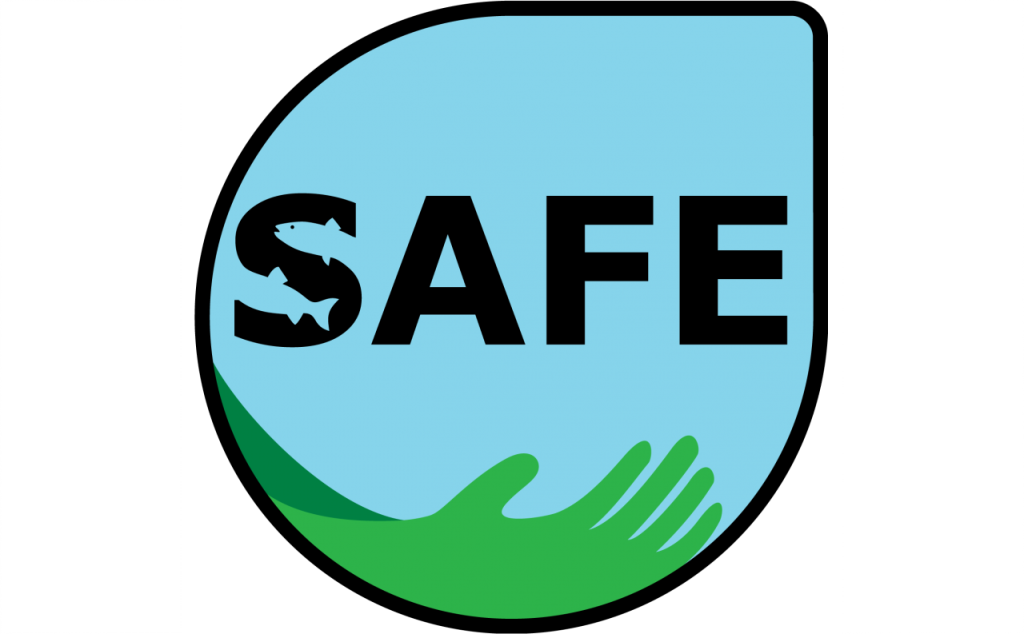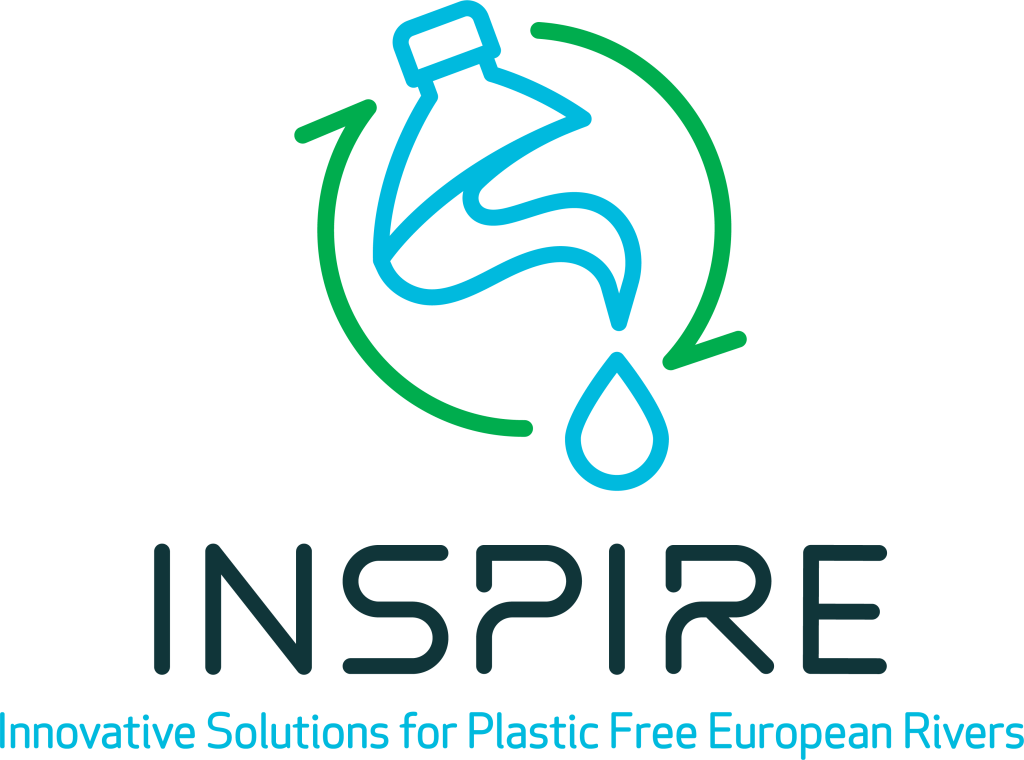Aquafeed manufacture, mainly for carnivorous species, is still heavily dependent on marine and agricultural feedstuffs with high environmental and economic impacts. Insect meal (IM), recently authorized within the EU, is an innovative and promising aquafeed commodity due to its high nutritional value and sustainable production. But, insects are rich in chitin, and although chitinase activity has been observed in some fish species, it is commonly assumed that monogastric animals cannot digest chitin. Chitin may negatively interfere with nutrient digestibility, fish growth and act as an allergen.
Probiotic (PRO) bacteria capable of producing chitinases emerge as an alternative with enormous potential to overcome chitin impairments. Moreover, PRO can also contribute to the promotion of fish’s health.
proposal is a follow-up of a study that isolated from European sea bass gut, sporeforming bacteria capable of producing chitinases and complying with the minimum safety requirements to be eligible as PRO by EFSA. Thus, in the present proposal the 2 most promising PRO candidates, identified as Bacillus sp., will be gauged in vivo considering their potential to modulate fish gut microbiota, aiming to improve dietary chitin utilization. By using a multi-disciplinary approach, this application will focus on PRO effects on zootechnic performance, chitin digestive efficiency, gut health and microbiota profiling. Additionally, since PRO can compete with pathogens, produce natural antimicrobial compounds, biofilm formation or quorum-sensing, and enhance host immune system, PRO effects on fish disease resistance and immune function will also be assessed.
This project may equip the aquaculture industry with a new multifunctional PRO capable of improving IM utilization and disease resistance in carnivorous species, two major bottlenecks for the sustainable development of the sector, thus meeting the increasingly EU market demand for new and better PRO products. In fact, within the EU, fish farmers are currently limited to only one approved PRO (Bactocell®, Lallemand Inc.) that is not a marine sporeformer and does not target the same problematics.











